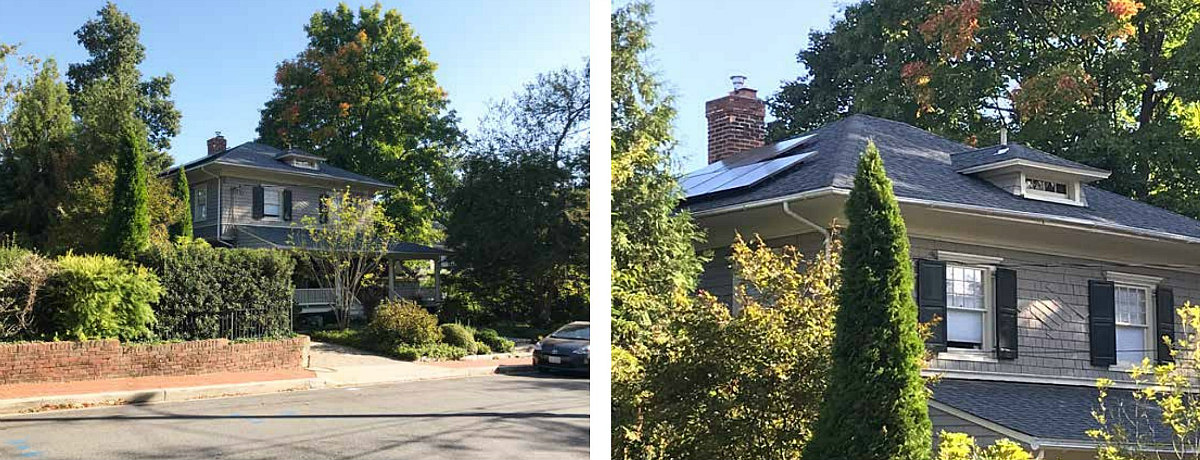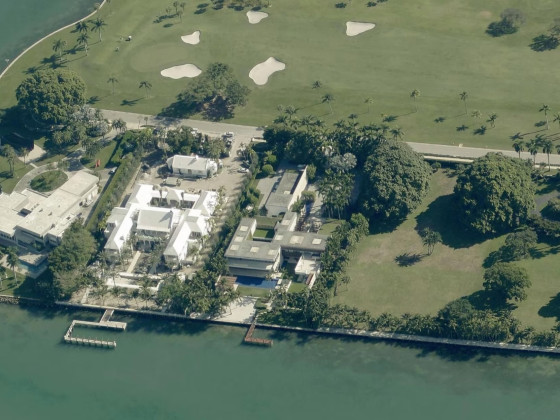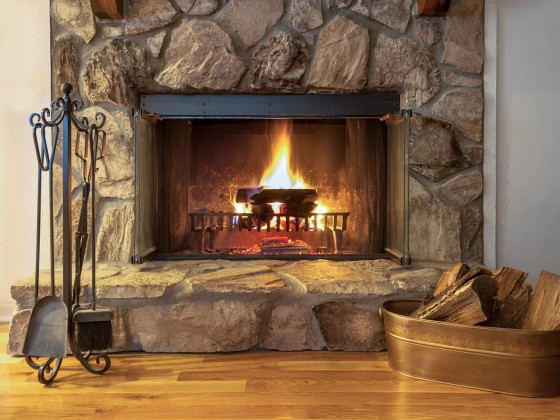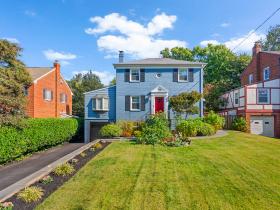What's Hot: Cash Remained King In DC Housing Market In 2025 | 220-Unit Affordable Development Planned Near Shaw Metro
 DC's Guidance to Homeowners Who Want to Go Green in Historic Districts
DC's Guidance to Homeowners Who Want to Go Green in Historic Districts
✉️ Want to forward this article? Click here.

Over the past few years, there has been a concerted push from DC leadership to accelerate green and sustainability practices in the city's built environment. However, as a recent decision on a solar panel application revealed, homeowners' attempts to invest in energy efficiency can often conflict with the city's overall historic preservation mandates.
To help those who own buildings in historic districts navigate this conflict, the Historic Preservation Office (HPO) and Department of Energy and Environment have released a revised draft of the "Sustainability Guide for Older and Historic Buildings".
While the guide walks people through the steps they should take and considerations they should make to improve the efficiency of their residential and commercial properties, it also includes very specific recommendations for how to achieve a higher level of energy efficiency while "do[ing] no harm".
story continues below
loading...story continues above
Here are some of the recommendations pertinent to homeowners:
- Homeowners should consider using reflective or light-colored roofing materials to help buildings stay cooler and dissipate the heat island effect.
- Because windows and other glass openings typically comprise 20 percent of exterior surface area, the guide states that it may not be cost effective, over the long-term, to replace windows or doors. For the latter, in fact, there are times when replacing doors can be explicitly discouraged: "Historic wood doors are also significant features and should be retained where possible." Instead, it is more affordable to do maintenance via weatherstripping; replacing or repairing sealants; and ensuring functionality of transom windows, shutters and awnings.
- Homeowners can improve the efficiency of their windows and doors by reglazing, installing storm doors and windows, or simply replacing windows with others which fit the original openings and match the historic appearance of the original windows.
- The document reiterates solar panel installation guidelines, stating that there should be no perceptible alterations, from the view of a person on the street, to the roofline, and that panels should not obscure any distinctive aspects of the roof at the primary elevation. Panels should be added to the secondary elevation of sloped roofs (ie. not front-facing), and should not have any overhang, but should blend in with the appearance of the roof.
- Homeowners should also consider implementing more lifestyle-based changes like composting or harvesting rainwater in their side or rear yards. DC is also encouraging homebuilders to not only make new single family homes easily adaptable to net zero energy (NZE) consumption, but to also design and deliver homes as NZE.
Prior to making any changes, the guide recommends property owners take inventory of their energy consumption or inefficiencies. A few ways to do this include tracking utility bills for inconsistencies and enlisting professionals to make other energy audits by, for example, doing a "blower door test" to determine whether doors are airtight. The guide also recommends property owners consult with architects and informally consult with HPO staff to get feedback on desired changes.
The guide outlines which changes require Historic Preservation Review Board (HPRB) approval and what resources may be available to help with financing green retrofits. The HPRB will consider the guide on December 19th; the document is available for public review and comment in the interim.
See other articles related to: dc solar panels, doee, energy efficiency, green building, green retrofit, historic preservation, historic preservation office, historic preservation review board, solar panels
This article originally published at https://dc.urbanturf.com/articles/blog/dcs-guidance-to-homeowners-making-green-retrofits-in-historic-districts/16122.
Most Popular... This Week • Last 30 Days • Ever

Lincoln-Westmoreland Housing is moving forward with plans to replace an aging Shaw af... read »

The small handful of projects in the pipeline are either moving full steam ahead, get... read »

A report out today finds early signs that the spring could be a busy market.... read »

A potential collapse on 14th Street; Zuckerberg pays big in Florida; and how the mark... read »

A potential innovation district in Arlington; an LA coffee chain to DC; and the end o... read »
DC Real Estate Guides
Short guides to navigating the DC-area real estate market
We've collected all our helpful guides for buying, selling and renting in and around Washington, DC in one place. Start browsing below!
First-Timer Primers
Intro guides for first-time home buyers
Unique Spaces
Awesome and unusual real estate from across the DC Metro














